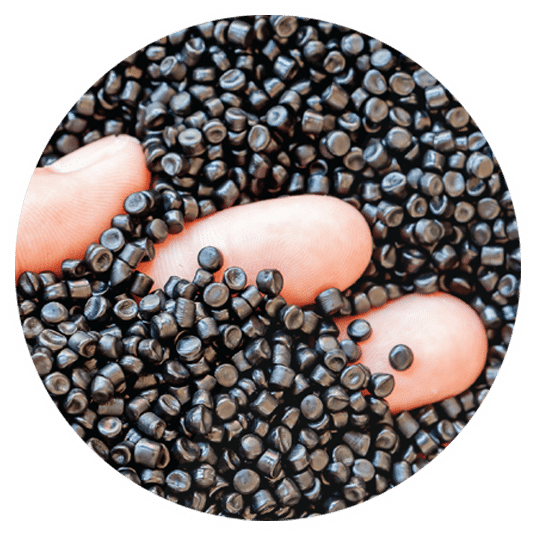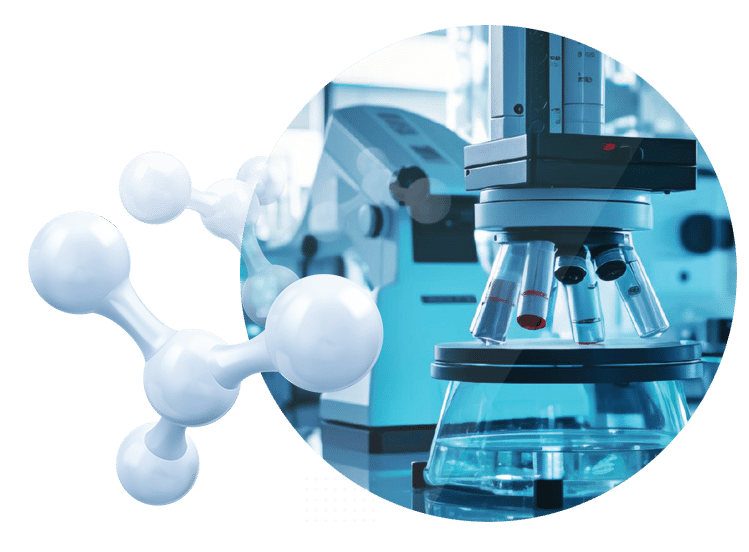There’s a distinct, often under-appreciated, beauty in the world of materials science. As a former practicing engineer and researcher, I’ve spent countless hours in the lab, mining through research papers, and collaborating with other experts. There are always inevitable challenges, complexities, and periods of wait and anticipation in research and development.
Scouring through endless digital resources or spending long hours setting up an experiment, can be mentally taxing, time-consuming, and also part of the joy of the work. But what if we could change the way we approached these challenges? What if there was a tool that could serve as an accelerator, a game-changer, a… Catalyst?

Challenges, Triumphs, and the Joy of Discovery
Understanding the intricacies of a specific material or chemical is no easy task. Experiments can be time-consuming, especially when you’re working on novel syntheses or reformulation. The interdisciplinary nature of the field adds another layer of complexity, demanding a comprehensive grasp across physics, chemistry, and engineering.
Yet, for all these hurdles, the gratification of uncovering a more sustainable alternative formulation that continues to deliver high performance, or a new groundbreaking material, or just witnessing the real-world impact of one’s research is unparalleled. As engineers, we’re not just chasing data or results; we’re on a quest for knowledge that has the potential to reshape our world. But, while our passion drives us forward, the industry’s evolving demands require us to be ever more efficient and innovative.
The Transformative Phase of Materials and Chemicals Industry
From embracing AI and machine learning for enhanced material predictions to leveraging digital technologies for streamlined operations, the materials and chemicals industry is in the midst of a digital transformation. Advances in digital tools for data analytics, optimization, machine learning, and data engineering are opening us up for increased collaboration, iteration, and creativity propelling us into an era where innovations can happen at an unprecedented rate.
Yet, with progress comes challenges – our world is still in the physical space, regulatory complexities, high R&D expenses, supply chain disruptions, and the intricate dance of balancing innovation with market demands are a couple challenges faced daily.

Introducing Citrine Catalyst: Your Digital Assistant for Materials and Chemicals Research, Development, and Deployment

From my days as a materials science engineer to my current position as Head of Product at Citrine, I’ve always been driven by a passion to solve problems to better our environment. This is part of the core fuel that drives the team at Citrine in our pursuit to create solutions that empower our customers in a rapidly evolving landscape.
In response to dynamic challenges, we’re constantly looking for ways to help our customers be more effective at tackling these problems.
That’s why we are introducing Citrine Catalyst, an innovative digital assistant that leverages large language models designed to support and propel your product development journey into the future. Embodying its namesake, Catalyst will help engineers, researchers, and developers streamline research processes, increase efficiency in data management, support iterative data driven and prediction workflows, and a whole lot more as we continue to invest in bringing the right tools for the right problems.
We believe Catalyst will be key to help drive the change we need to transform our industry.
Today with Catalyst you can ask materials and chemicals related questions and receive comprehensive personalized answers with citations as well as access to reference articles all within a private, secure environment that adheres to the same strict information security standards as the rest of the Citrine Platform.
The Catalyst Experience
Catalyst is not just another tool; it’s a paradigm shift. By merging the power of AI with the extensive power of the Citrine Platform, Catalyst emerges as an invaluable companion for every researcher and engineer. It ensures you’re always ahead, equipped with the best resources at your fingertips.

Florencia Paredes serves as the Head of Product at Citrine Informatics, the premier SaaS platform utilizing AI to accelerate the development of materials and chemicals. Florencia’s journey began in the realm of polymer engineering, after which she transitioned into strategy and corporate development roles within consulting. With nearly a decade under her belt in product management, she has consulted for Fortune 500 giants and collaborated with startups, guiding them in transforming product concepts into realized achievements. Florencia boasts an impressive academic background, holding a BS from Cornell University and an MS from Stanford University. Both of her degrees are in Materials Science and Engineering, reflecting her deep-seated passion for research in the field.